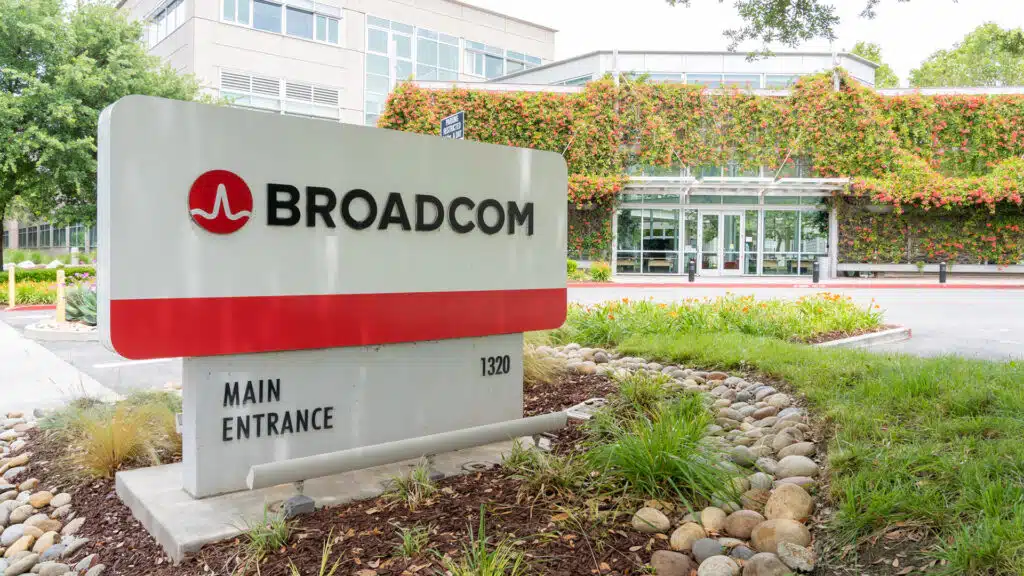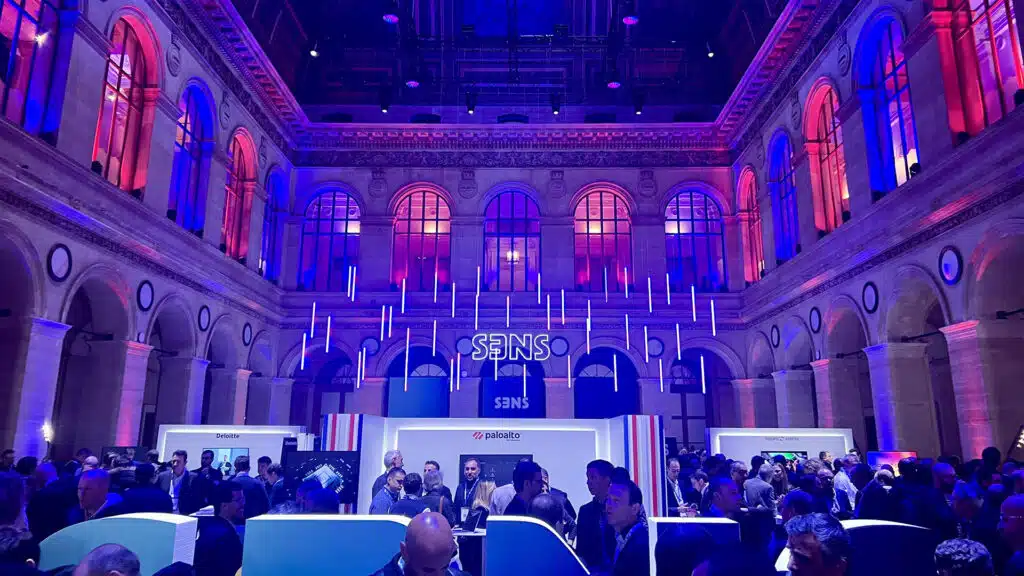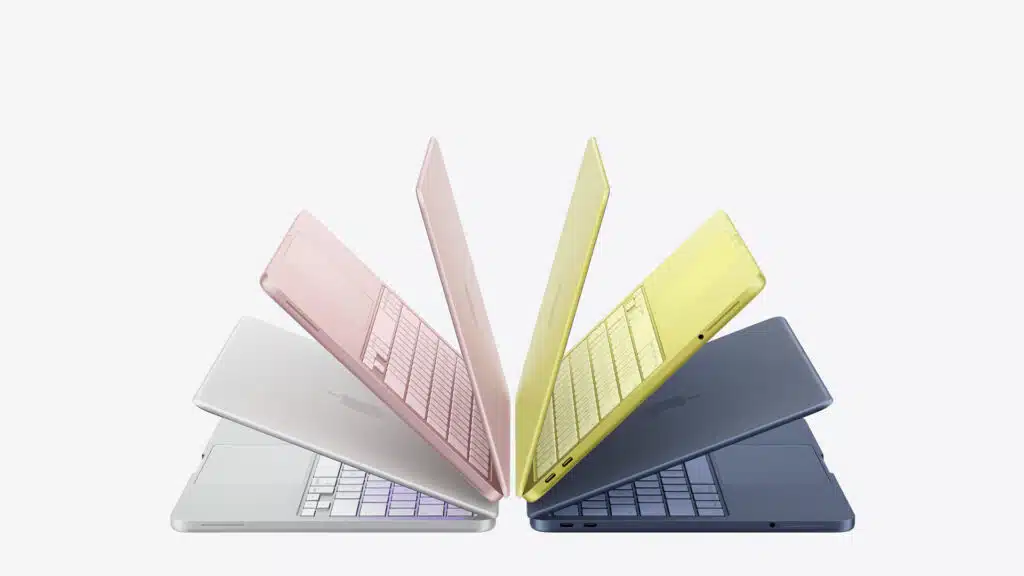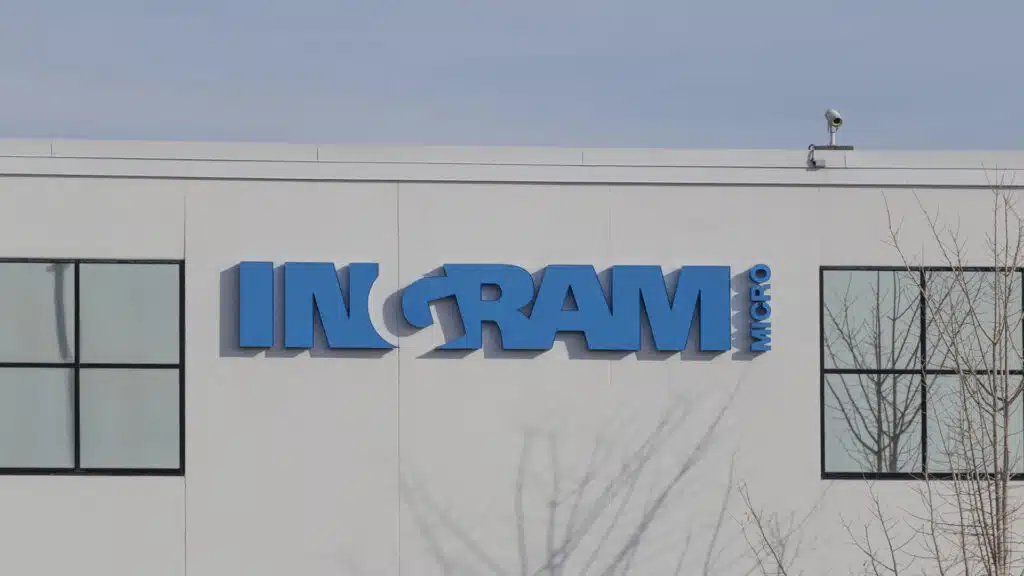Analyst(s): Mitch Lewis
Publication Date: August 30, 2024
The News: Hammerspace has announced that its Global Data Platform software will now be available as a series of new appliances. The new offering utilizes Dell hardware and is in partnership with Arrow electronics and offers a simplified path for purchasing and deployment of Hammerspace’s software capabilities.
Hammerspace Expands Global Data Platform with New Appliances
Analyst Take: Hammerspace has become well known as a software-defined solution with its Global Data Platform. The Global Data Platform offers several data management and orchestration capabilities, with a key advantage that it is able to work with virtually any storage hardware. With its latest announcement, however, Hammerspace has expanded the Global Data Platform offering, with new appliance offerings available alongside the existing software. With Hammerspace’s previous success as a software only solution, the question becomes “Why a hardware offering? And why now?”
This announcement is not about adding some new capabilities to the Global Data Platform that can only be achieved through an appliance-based approach. The new Hammerspace appliances offer the same functionality as the existing Global Data Platform software, but present a distinct option for purchasing and deployment. While software defined has been a popular marketing message for many vendors – and has proven to be an effective offering in many cases, including Hammerspace – when it comes to purchasing, many organizations consistently want hardware offerings. This dynamic is apparent when examining the array of software-defined offerings in the market – almost all of them additionally have some type of hardware-based version available.
This realization doesn’t negate the benefits that software-defined solutions can provide, rather it speaks to the purchasing dynamics of different organizations. Particularly in the case of Hammerspace, this may point to a distinction between the purchasing trends of traditional HPC customers and new AI-focused customers. Traditional HPC customers have often preferred software-based solutions, as they can customize their deployments to their exact specifications, and typically have the knowledge, experience, and time to do so. While in many ways AI presents similar challenges to HPC, in many scenarios it is an initiative taken on by enterprise organizations. This presents a customer with less tolerance for the complexity of a software-only solution, typically preferring the simplicity of purchasing and deploying a pre-integrated appliance. The excitement around AI has additionally motivated organizations to achieve quick deployments. In the case of Hammerspace, they have additionally simplified this process with a selection of pre-defined appliances focused on varying needs such as price performance or price capacity.
Along with catering to the emerging segment of enterprise AI customers, Hammerspace’s new appliances may offer some additional strategic benefits. By having an appliance offering available, this may allow Hammerspace to more directly compete with storage platforms offering appliance-based solutions. For existing Hammerspace customers utilizing the Global Data Platform alongside some combination of heterogeneous hardware, the new array may provide a simplified option as they expand or refresh hardware.
While at first it may be a surprise to see an appliance focus from a traditionally software-focused vendor such as Hammerspace, the announcement ultimately makes sense as a way for Hammerspace to offer a simplified offering to its customers and expand its overall market presence. While the new offering certainly does not mean the end for Hammerspace Global Data Platform as a software offering, it now provides a new avenue for customers to leverage the many features it provides.
Read more about the press release on the company’s website.
Disclosure: The Futurum Group is a research and advisory firm that engages or has engaged in research, analysis, and advisory services with many technology companies, including those mentioned in this article. The author does not hold any equity positions with any company mentioned in this article.
Analysis and opinions expressed herein are specific to the analyst individually and data and other information that might have been provided for validation, not those of The Futurum Group as a whole.
Other insights from The Futurum Group:
Hammerspace Unveils Hyperscale NAS Addressing the AI/HPC Workloads
Hammerspace Adds High-Performance Erasure Coding
Author Information
Mitch comes to The Futurum Group through the acquisition of the Evaluator Group and is focused on the fast-paced and rapidly evolving areas of cloud computing and data storage. Mitch joined Evaluator Group in 2019 as a Research Associate covering numerous storage technologies and emerging IT trends.
With a passion for all things tech, Mitch brings deep technical knowledge and insight to The Futurum Group’s research by highlighting the latest in data center and information management solutions. Mitch’s coverage has spanned topics including primary and secondary storage, private and public clouds, networking fabrics, and more. With ever changing data technologies and rapidly emerging trends in today’s digital world, Mitch provides valuable insights into the IT landscape for enterprises, IT professionals, and technology enthusiasts alike.







